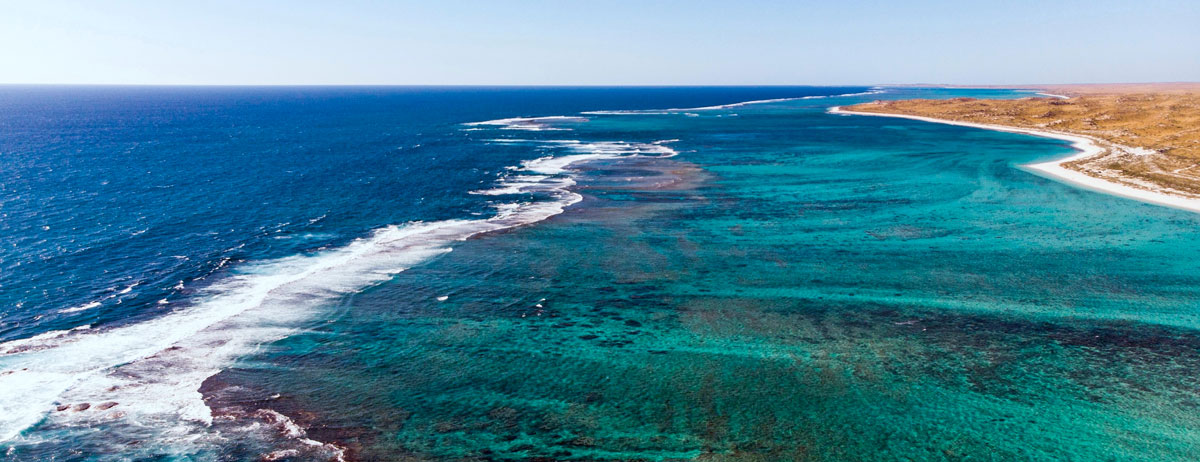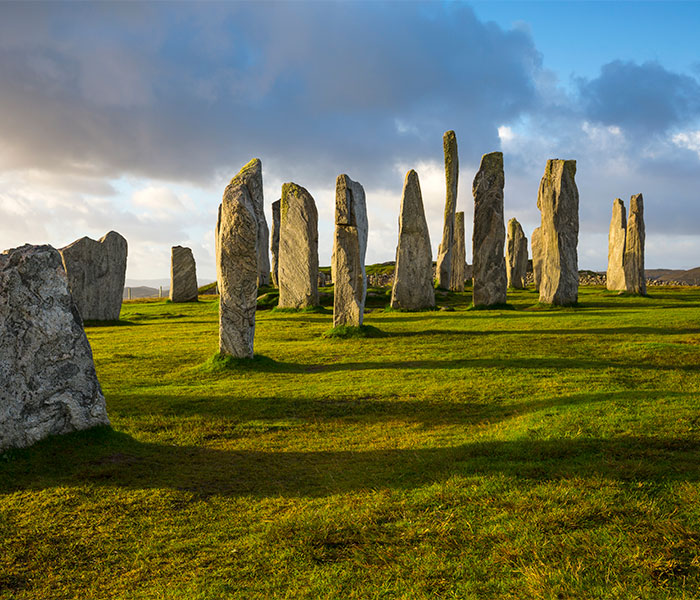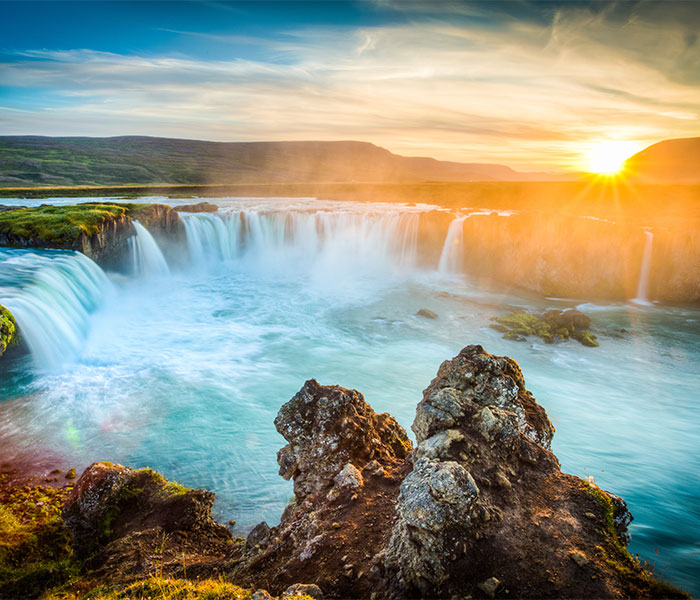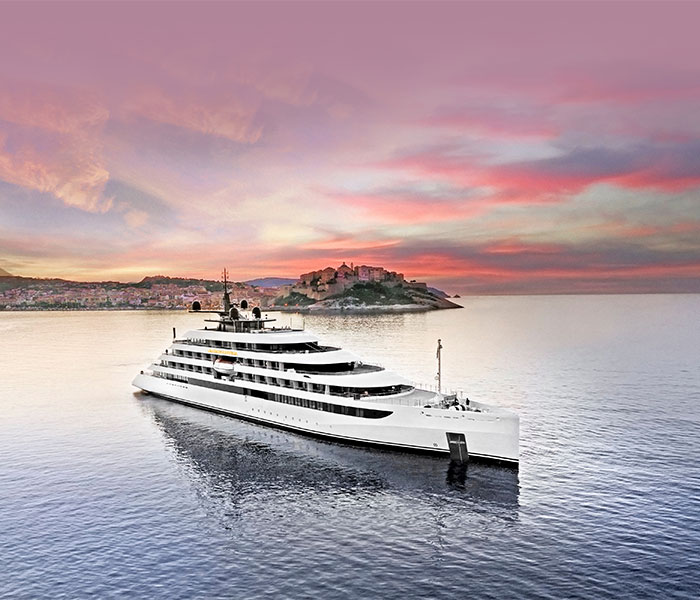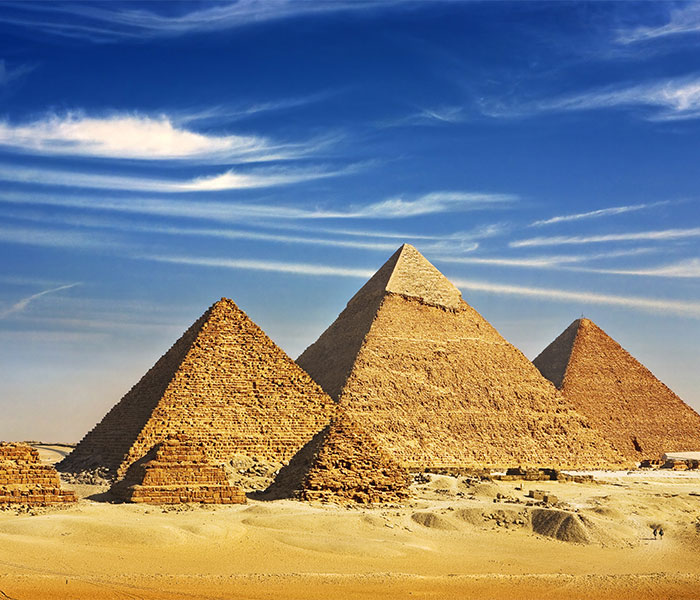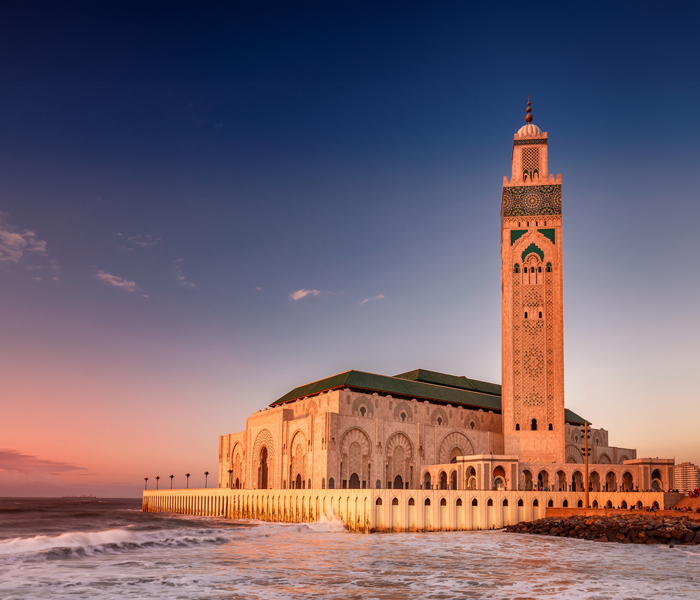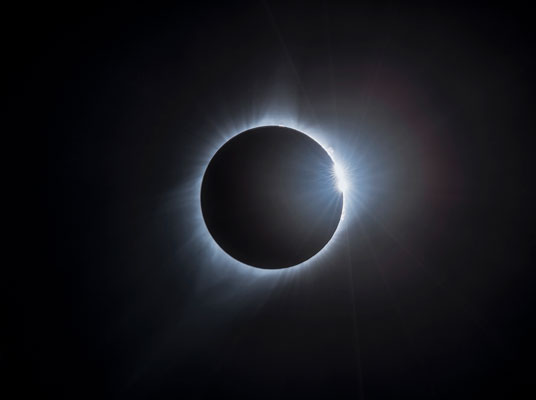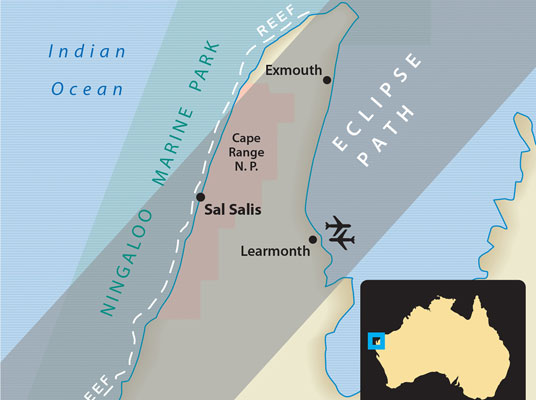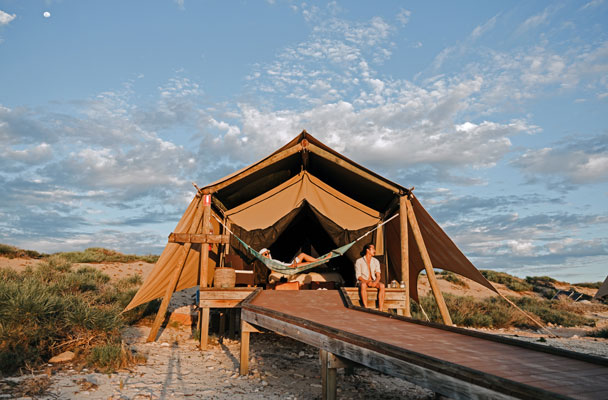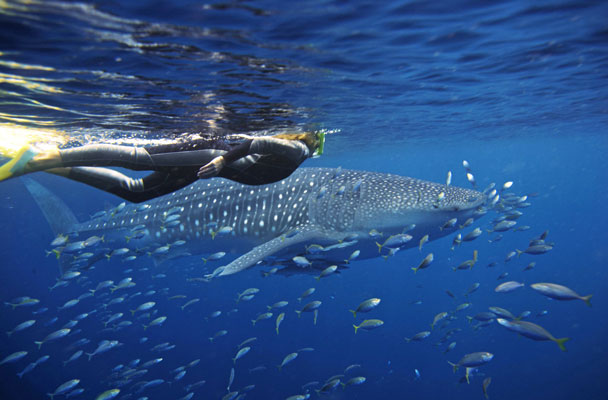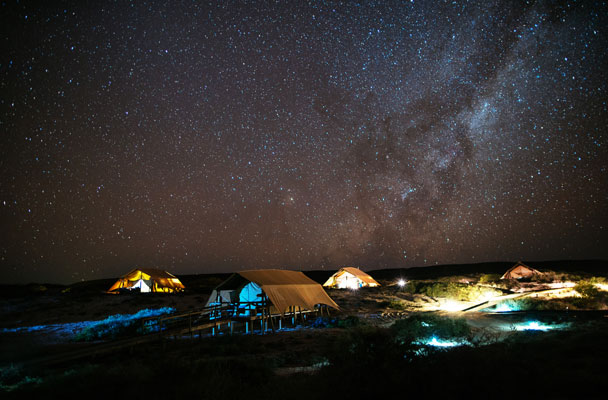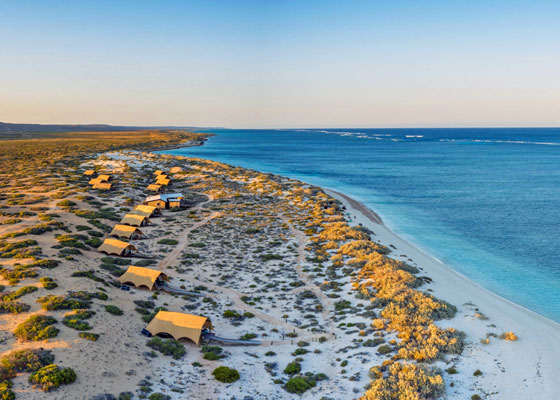Luxury in an Ancient land
It will be a magical minute in this tiny corner of Australia, when the Moon hides the Sun in April 2023. But this total solar eclipse is just the pièce de resistance of the remarkable time you’ll spend in the Land Down Under. Our “Western Australia Total Solar Eclipse at Sal Salis Camp” is a 5-day outback experience at a luxury eco-retreat, with the eclipse visible from the shore of the Indian Ocean. Join us as we discover a region that is one of Australia’s best kept secrets.
Our luxury, safari-style eco-retreat is situated on the country’s North West Cape, set among wind-sculpted dunes at the edge of the Indian Ocean. Here you’ll enjoy fabulous views of the coastal wilderness and the ocean beyond. You’ll also appreciate the quiet of the encampment, as the tents do not have TV, telephone, WiFi, or even an air conditioning—the sea breezes take care of that. The tents are spacious and comfortable (including an eco-conscious, en-suite bathroom), all meals are prepared from fresh local ingredients, and a generous self-serve bar is included. As a bonus, come eclipse day you don’t have to move; totality is visible from the beach or your tent!
Every day at Sal Salis, you can choose from a variety of activities designed to showcase the region’s unspoiled natural environment. Perhaps you’ll participate in sea kayaking, or drift snorkel to view the magnificent Ningaloo Reef located just a few meters offshore. Your stay also includes (conditions permitting) an opportunity to swim with majestic whale sharks—the world’s largest fish but reassuringly easygoing. Behind our beach-side encampment is the Cape Range National Park. Here rugged limestone ranges, creeks, bays, and deep canyons are plentiful, with walking trails throughout. Kangaroos, wallabies, and emus are often encountered on visits to the Cape Range, which is also a sanctuary for numerous birds and unusual fauna. You can embark on a guided walk through Mandu Mandu Gorge, where you’ll enjoy wildlife and bird spotting. This is the Outback that visitors to the east coast of Australia never see.


